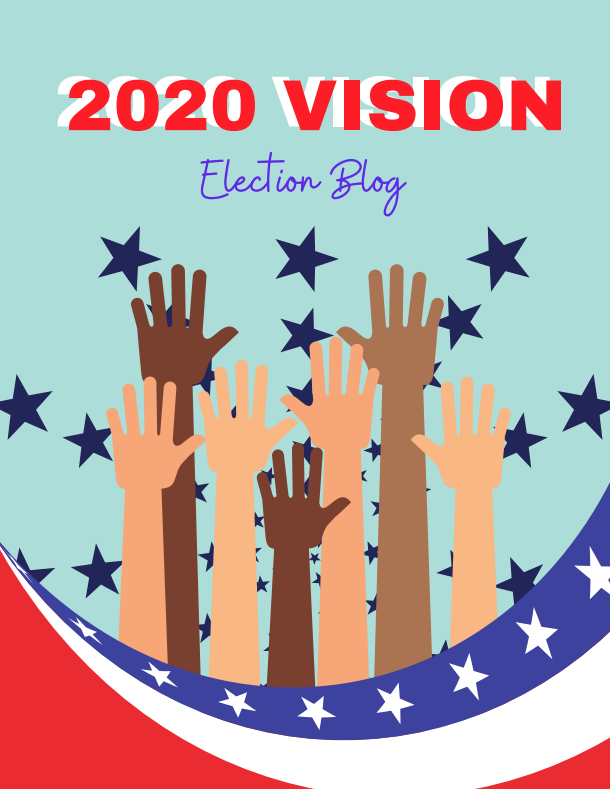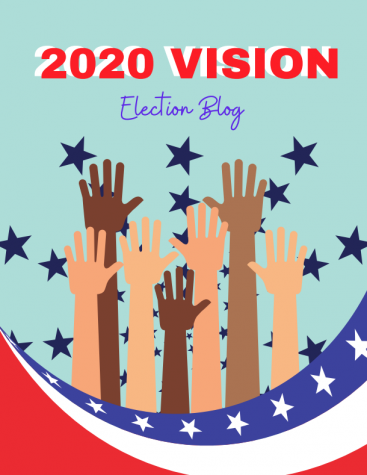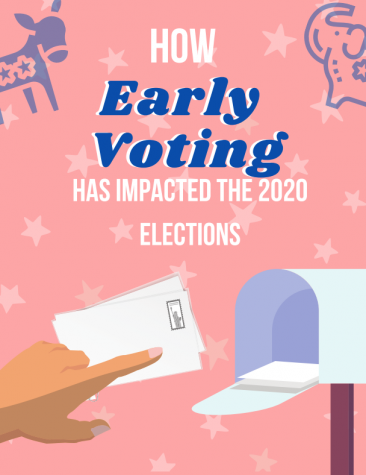The Fourth Amendment on the Florida Constitution
October 16, 2020
What is Florida’s Fourth Amendment?
Florida’s Fourth Amendment, also known as the Voting Rights Restoration for Felons Initiative, passed in 2018. It states that Florida would restore the voting rights of Floridians with a felony record as soon as they complete the terms of their sentence. These sentences include probation, parole and prison time. This amendment does not apply to those convicted of murder or sexual offenses.
Before this amendment, Florida was one of only four states that required felons to petition to their state governor and cabinet to have their rights restored.
Additionally, according to a 2016 report by the Sentencing Project, Florida made up almost a quarter of all disenfranchised felons in the United States.
Desmond Meade, a convicted felon, led a signature drive to qualify this amendment as a ballot initiative for the Florida elections in 2018. He collected 799,000 signatures and the amendment became approved for the November ballot in Jan. 2018.
The amendment received 64.55% of the vote. In Florida, an amendment only needs 60% of the vote to take effect.
Why is the amendment relevant?
In Sept. 2020, the 11th United States Circuit of Appeals Court ruled that felons cannot have their voting rights restored until they have paid the fines and fees attached to their sentences. These fines and fees include restitution to victims and court fees.
After Florida voters approved the Fourth Amendment in Nov. 2018, several legal disputes and questions arose about the interpretation and implementation of it.
In 2019, the Republican-controlled legislature in Florida passed Senate Bill 7066 with the backing of Governor Ron DeSantis. This bill redefined the “completion of terms” to mean that all court fees and fines must be paid before felons had their rights restored.
In response to this ruling, several organizations came to the defense of the affected voters and sued lawmakers and DeSantis for violating the 14th and 24th Amendment to the U.S. Constitution.
After this, the case transferred to the U.S. District Court for the Northern District of Florida. A federal judge ruled that DeSantis and the lawmakers created an unconstitutional poll tax and violated the constitutional rights of the felons in their bill. DeSantis appealed the ruling and the case went to the 11th U.S. Circuit of Appeals Court, where they upheld the legislature’s bill.
Due to the fact that a large percentage of felons still owe money on their cases and cannot afford to pay the fees, this ruling from the court of appeals affected a large number of Floridians eligible to vote under this amendment.
Since 2020 is an election year and Florida plays a crucial role as a swing state that could potentially impact whether Democratic candidate former Vice President Joe Biden or Republican candidate President Donald Trump wins, this issue has taken on a new sense of urgency again.
Voting rights groups, such as the Florida Rights Restoration Coalition, several major celebrities such as LeBron James, John Legend and Michael Jordan and companies such as Ben and Jerry’s Homemade Inc. and Levi Strauss & Co., have offered to pay the fines and fees of felons in order to secure their voter registration this year.
Moreover, Michael Bloomberg, former New York City mayor and 2020 Democratic Presidential candidate, donated $16 million to the campaign in September which soon created more controversy.
After this donation, the office of Governor Ron DeSantis and other Florida representatives asked the Florida Attorney General, Ashley Moody, to review Bloomberg’s efforts.
In a letter, Moody called onto the Florida Department of Law Enforcement (FDLE) and the Federal Bureau of Investigation (FBI) Field Office in Tampa, Florida to investigate Bloomberg’s donation as a potential violation of election laws.
The FDLE has announced that they plan to look into these accusations in the months to come.
The results of Bloomberg and others’ efforts will be revealed on Election Day as even a small addition of ex-felon voters in Florida can swing the election in favor of Biden or Trump.













